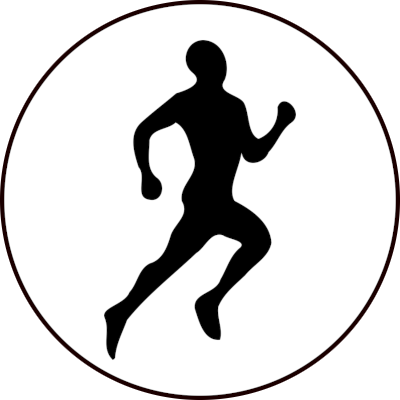Interested what people (mostly those with watches) do with their HR metrics, and how they use it to plan their exercises or their pace.
What is your rest HR? What is your maximum? What range are you typically in during exercise? What do you consider healthy? How do you use HR to determine your pace or what exercises to do? Do you have any advice with respect to this topic? Or do you think measuring HR is pure nonsense and we should not bother doing so at all?
I noticed my rest HR is at 50. My runs are mostly at 165-170ish averaged (aged 28), which seems to be fairly high. My last run (a bit faster than usual) had 24 minutes between 158-176 and 18mins higher than 176, at the end I peaked at 192 for an end sprint.


That sounds perfectly normal to me.
Personal opinion: as long as you have some variation in your exercise, it’s fine to run without paying too much attention to heart rate. If you run different routes or mix hard with easy runs, you already do most of what heart-rate based training program would make you do, which is to build endurance as well as sprint capability - the former for health and fun, the latter so the uphills don’t kill you :)
As a rule of thumb, non-runners often have resting heart rates in the 60s while active runners find themselves in the low 50s or even 40s. But age, size and genetics all make this number pretty individual.
If you have a newer running watch, they often have a “running power” display in Watts, too. I like to sometimes use that to do runs in a fixed power range. It’s more immediate than heart rate, i.e. it immediately forces you to slow down just a few steps into a climb, but it also demands surprising speed the moment your route levels out again. It at least taught me that by avoiding high-intensity sections, my stamina reserves last for a much greater distance.